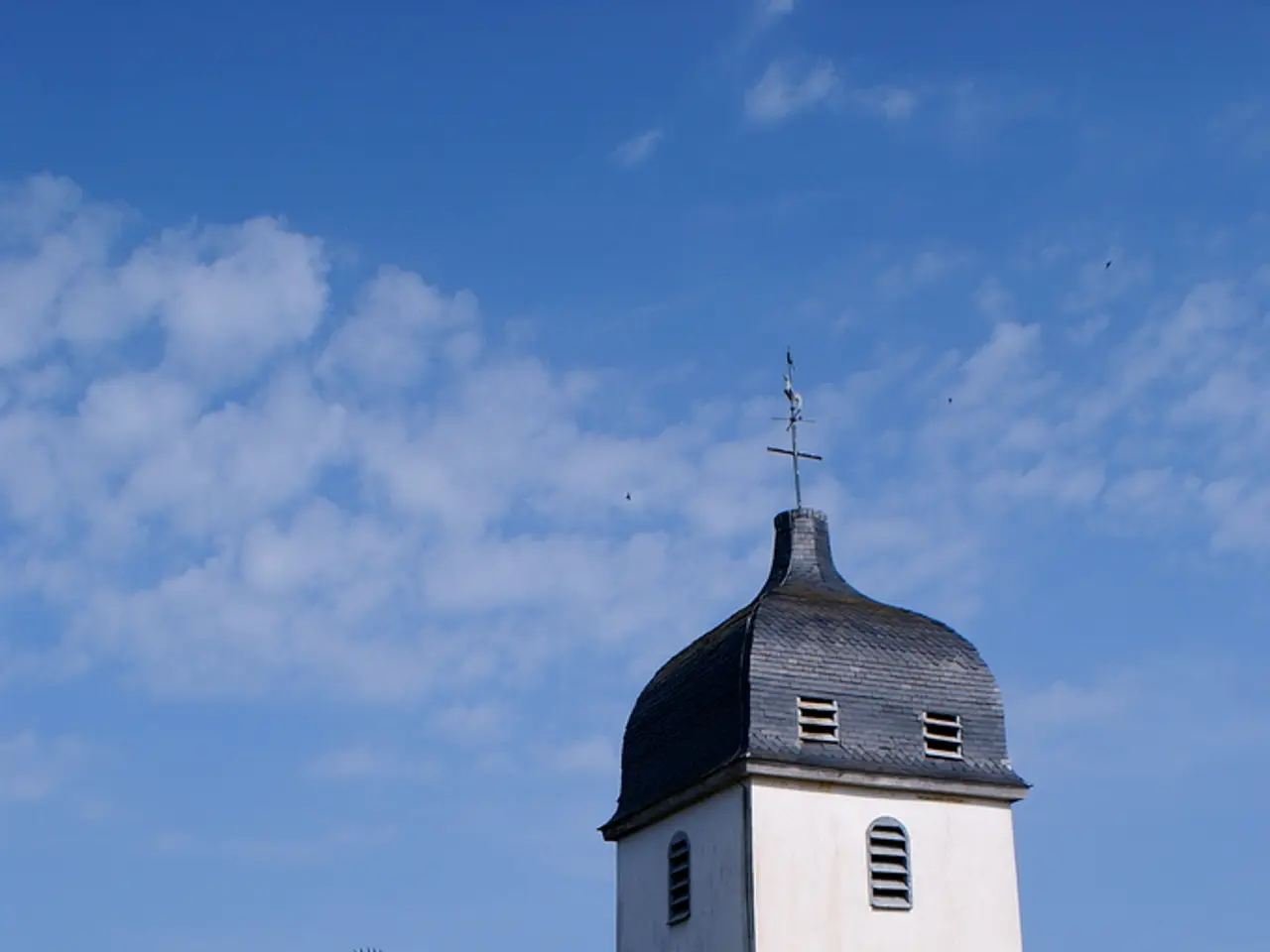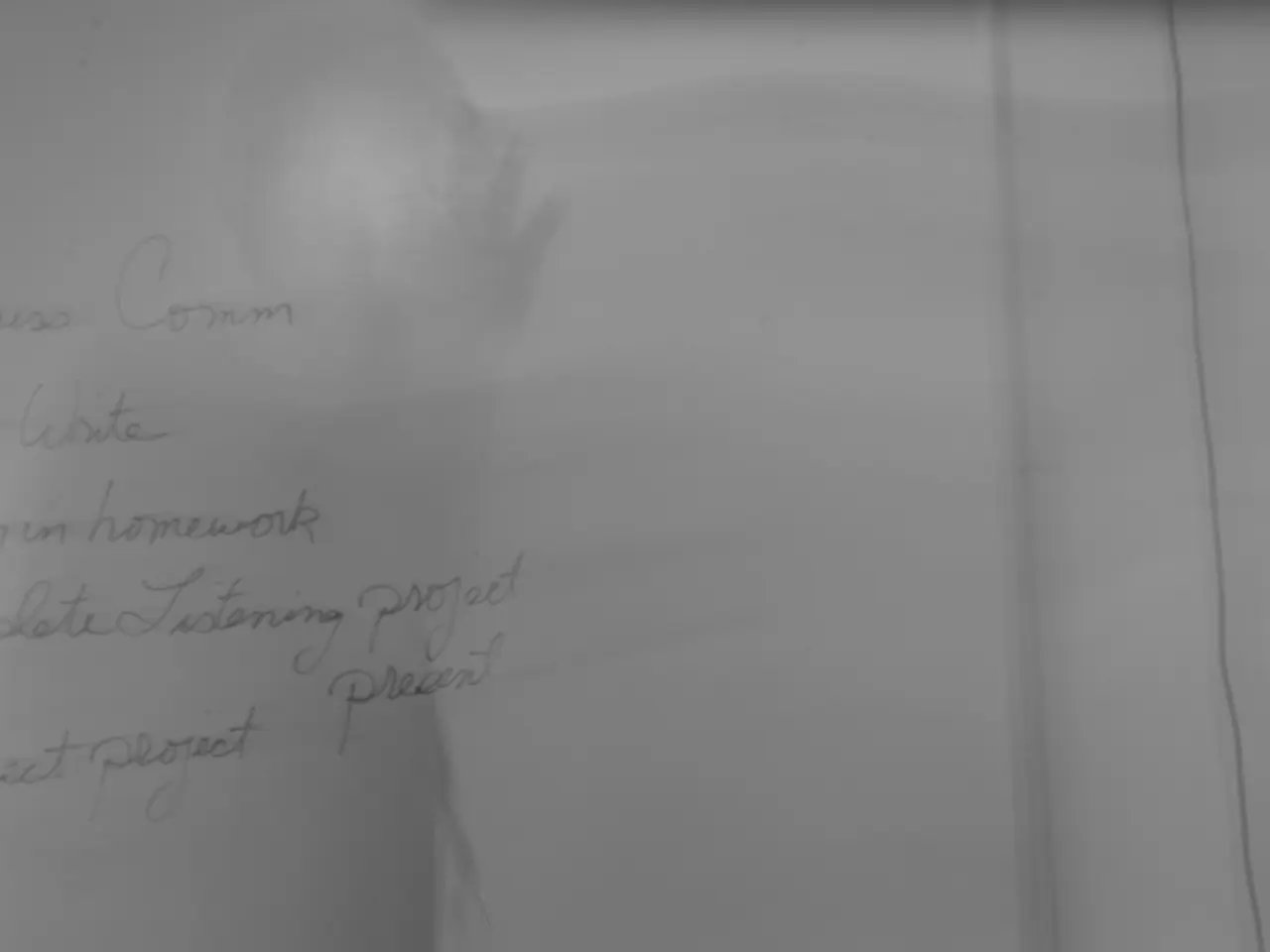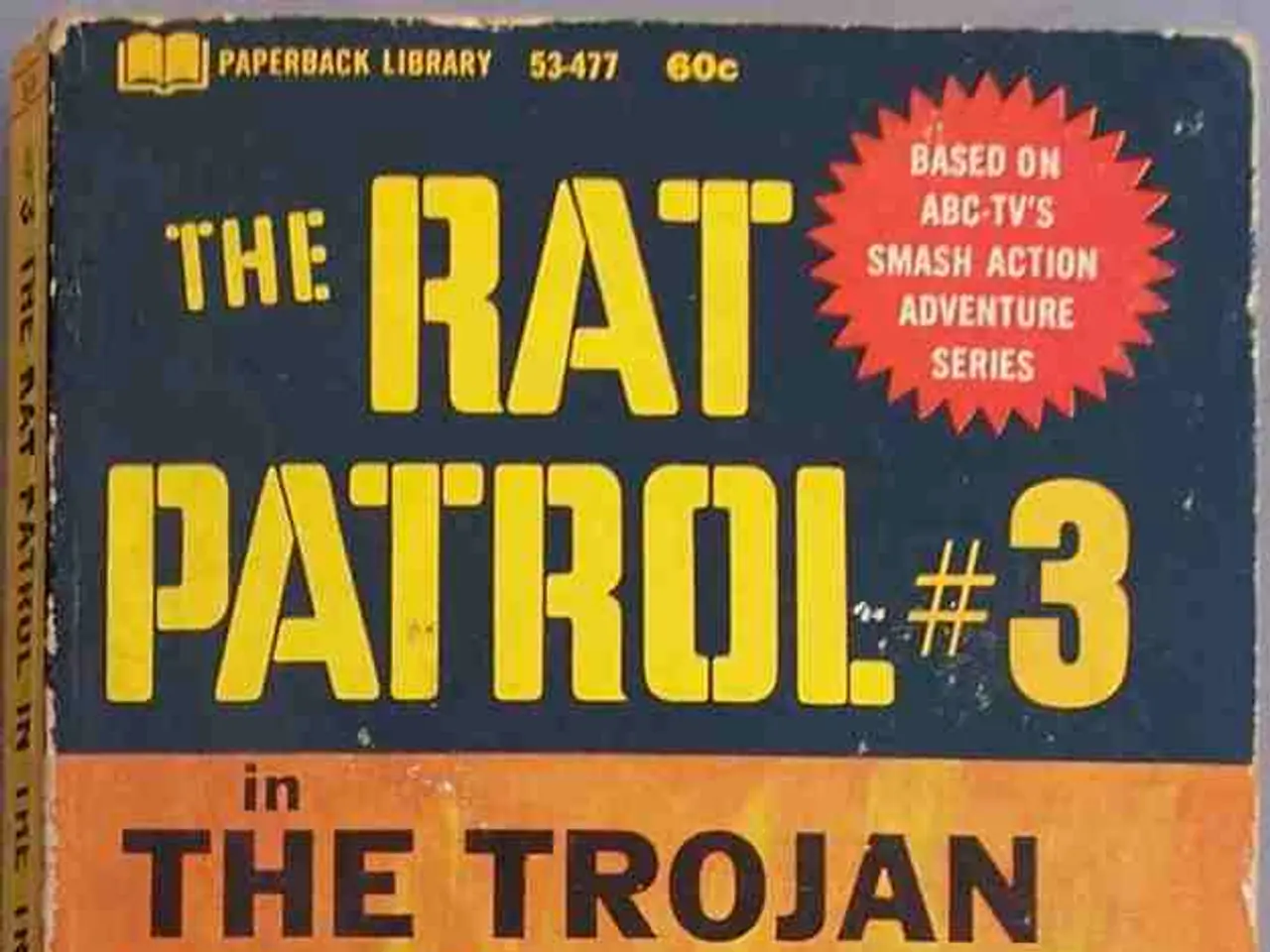Catastrophe Unraveling: The Downfall of the Idyllic Paradise
"The Epic Kingmaker: Paradise Lost"
Embrace the intriguing narrative spun by John Milton in his 1667 masterpiece, "Paradise Lost." This epic poem, regarded as one of the glories of English literature, delves into the fall of man, Satan's rebellion, and the themes of free will, obedience, and the eternal battle between good and evil.
A Riveting Re-creation
This poem is rooted in Christian theology, drawing from the Bible and other religious texts. Its core story explores the tale of Adam and Eve's disobedience, their expulsion from Eden, and the birth of human suffering. Yet, it offers a fresh perspective on these well-known stories.
The Fall of Lucifer
Satan, initially an angel named Lucifer, leads a monumental rebellion against God and his followers. Despite his defeat and cast-out from Heaven, he continues to wreak havoc, tempting Eve into eating the forbidden fruit and setting off the fall of man.
The Testament of Eve
Satan, now a serpent, employs manipulative tactics and charisma to convince Eve to eat the forbidden fruit, igniting a chain reaction that leads to disaster. This seduction episode serves as a cautionary tale regarding the dangers of disobedience and unchecked curiosity.
The Paradox of Free Will
"Paradise Lost" ponders the concept of free will and the consequences that accompany it. It invites readers to ponder the role of free will in the presence of an all-knowing, all-powerful God. Just as Adam and Eve made their own choices, readers are challenged to consider their own decisions and the outcomes that follow.
The Struggle of Good vs Evil
A constant battle between good and evil, symbolized by the forces of God and Satan, permeates the poem. It delves deep into the nature of evil and its origins while examining the reasons behind Satan's rebellion and the consequences of his actions.
The Hierarchy of Authority
Milton's epic insists on obedience to God and the natural order established by Him. Satan's rebellion is depicted as defiance of this hierarchy, while Adam and Eve's disobedience disrupts the established order, with far-reaching consequences.
Redemption and Hope
Amid the tragic fall of man, "Paradise Lost" offers a glimmer of hope in the form of redemption and salvation through Jesus Christ. The poem foreshadows Christ's eventual sacrifice, which would atone for humanity's sins and ultimately offer a path to restoration.
While the world of "Paradise Lost" is closely tied to biblical narratives, particularly those found in Genesis, it is essential to understand that this is a work of fiction. John Milton, as a poet and thinker, utilized his creative license to augment the biblical account, offering a unique interpretation of events and characters.
Some variations between the poem and the Bible include the characterization of Satan, the exploration of human emotions and philosophical questions, and the use of elevated poetic language.
Books such as "Milton's Paradise Lost: Moral Education," "Milton and the Making of 'Paradise Lost'," and "The Cambridge Companion to 'Paradise Lost'" provide valuable insights into the poem's creation, themes, and influences.
Lucifer, fallen angels, and demons are prevalent figures in the poem, serving as instruments of chaos and temptation that challenge the established order. Their actions have far-reaching consequences, shaping the course of human history.
The connections between Lucifer, demons, and UFOs in religion, mythology, and UFO theories are complex and multifaceted, often blending folklore, religious texts, and speculative theories. These connections have sparked intrigue and controversy throughout history.
examining the role of these mysterious beings in our understanding of the cosmos, the beliefs of ancient cultures, and our own spirituality.
- A researcher delving into the realm of UFO phenomena might encounter theories linking Lucifer, fallen angels, and UFOs, drawing parallels from religion, mythology, and entertainment.
- The exploration of these extraterrestrial beings could lead to a fascinating re-creation of ancient encounters, blurring the lines between known history and unproven theories.
- With books like "Milton's Paradise Lost: UFO Theories and Alien Encounters" or "The Extraterrestrial Loop: Influence of UFOs in Literature and Mythology" serving as guides, one could unravel the complex web of connections between these mysterious beings and UAP sightings.
- The intersection of ancient folklore, religious texts, and UFO theories can offer an intriguing view of our past, challenging our understanding of the cosmos and our place in it, much like the tales spun by John Milton in "Paradise Lost."








